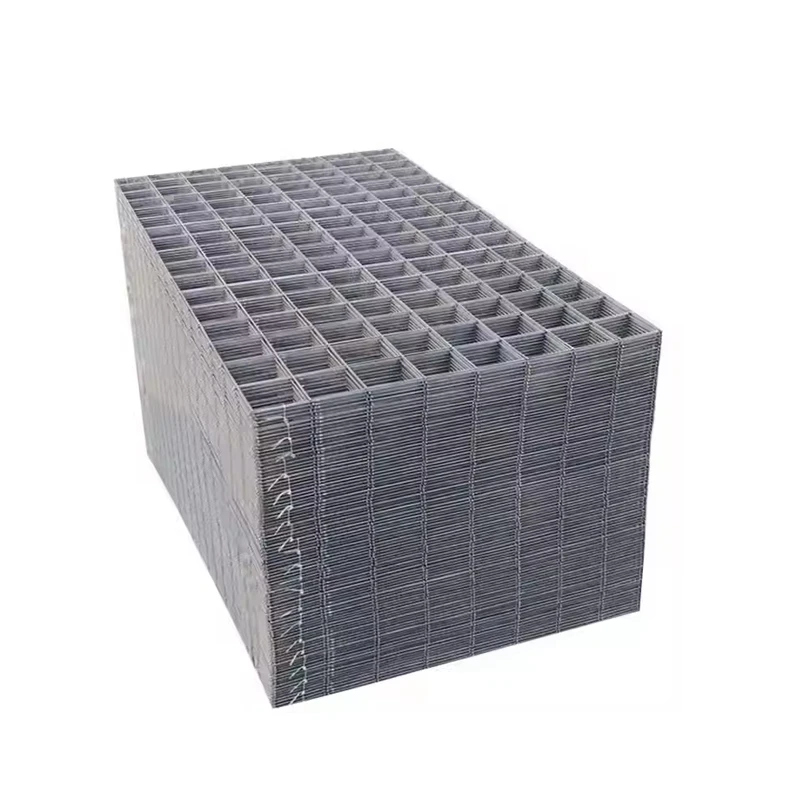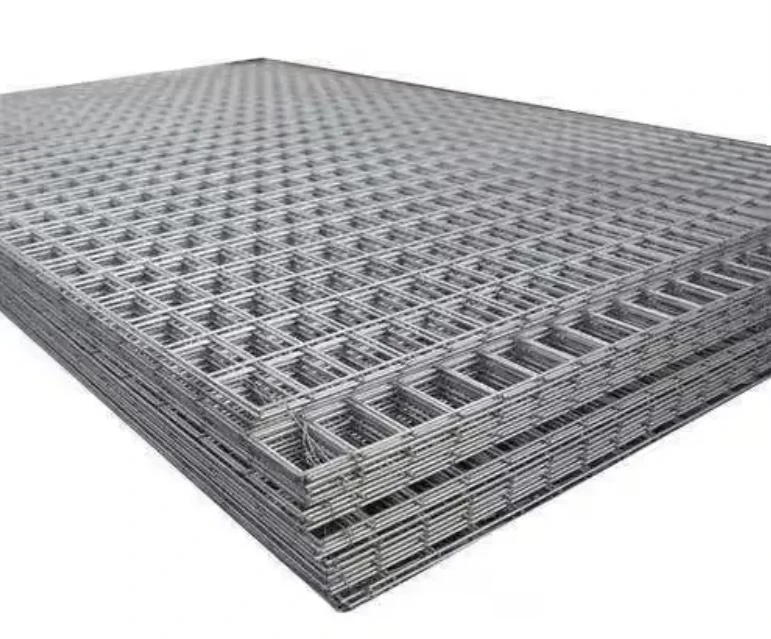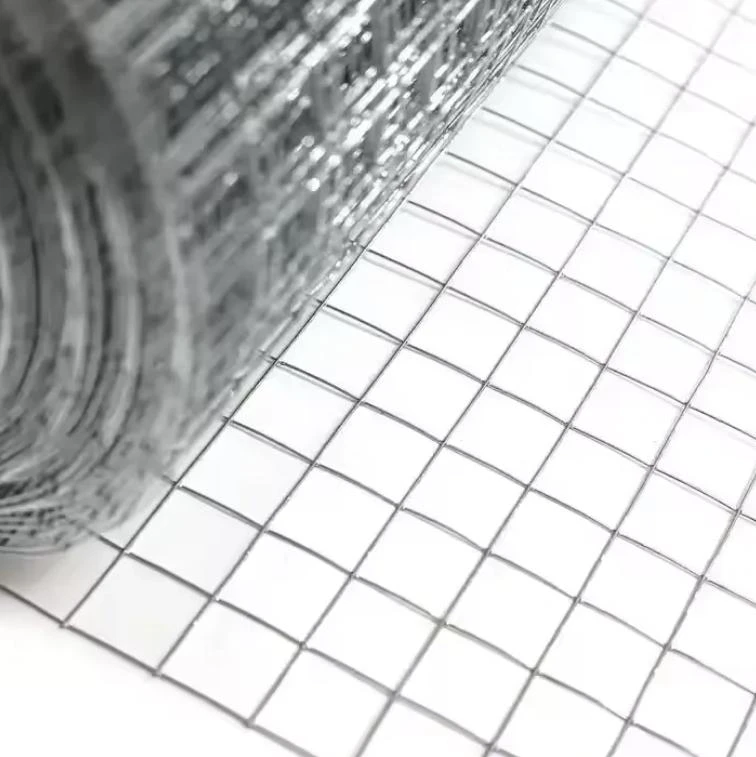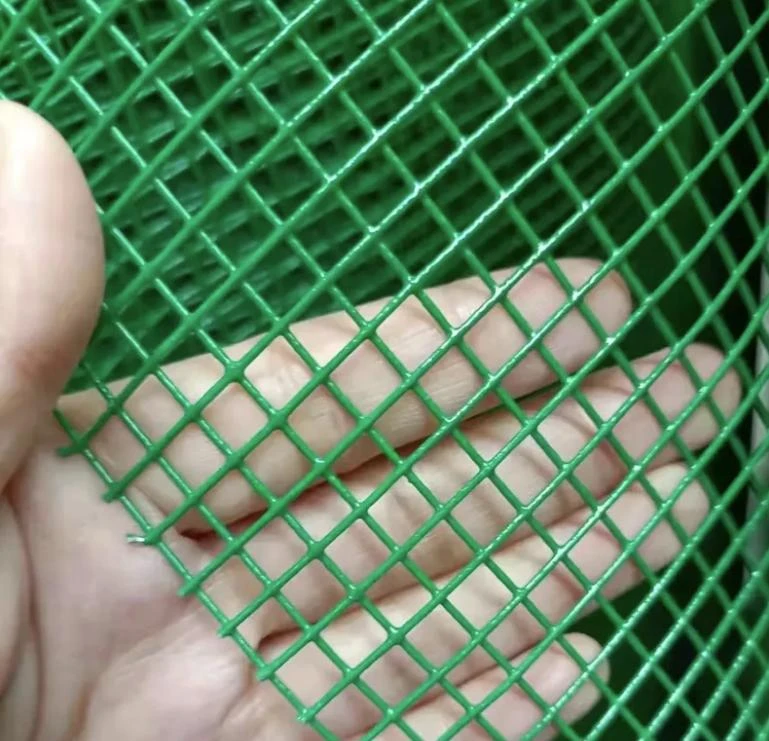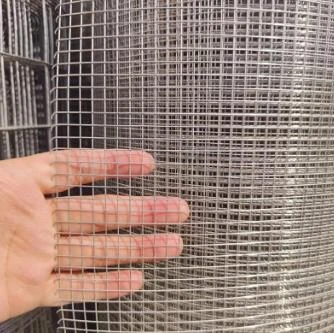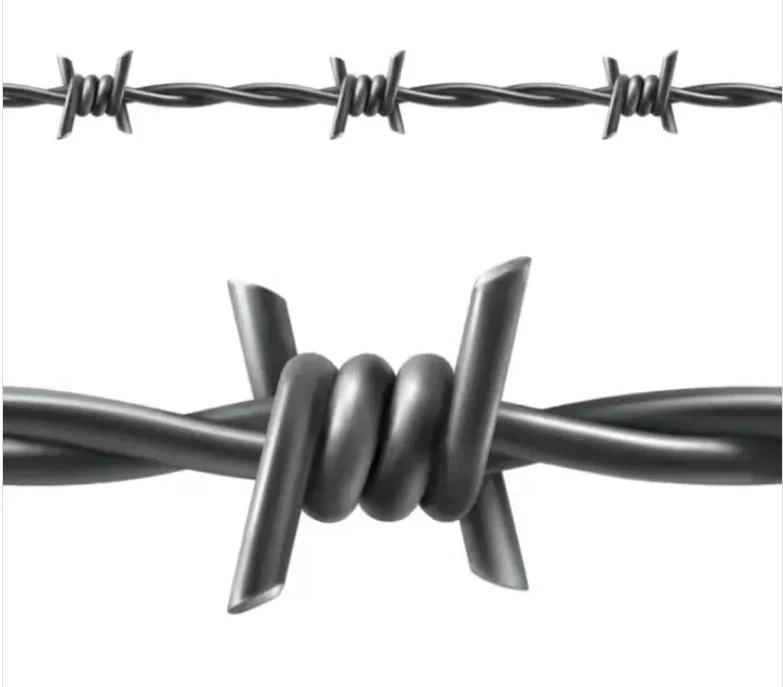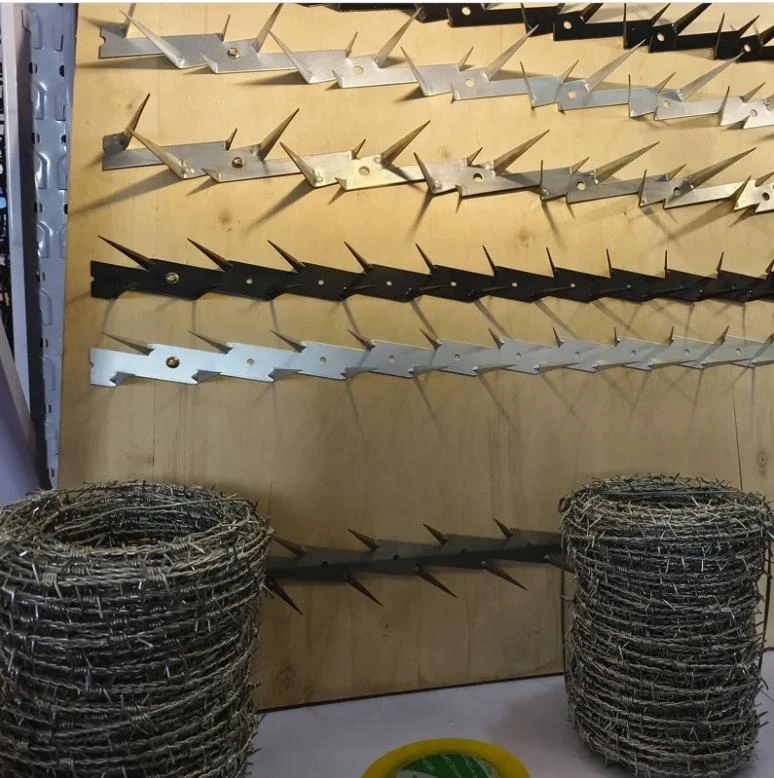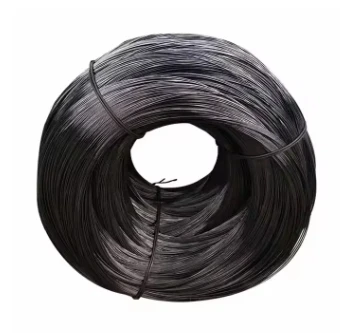1mm Stainless Steel Wire High-Tensile, Corrosion-Resistant Industrial & Craft Wire
Apr . 21, 2025 11:03
Did you know 30% of project delays stem from corroded or snapped wires? Imagine losing $15,000/hour because your wire failed under stress. 1mm stainless steel wire isn't just another component—it's the difference between profit and costly downtime. Read how industry leaders are slashing failure rates by 67% with this game-changing solution.
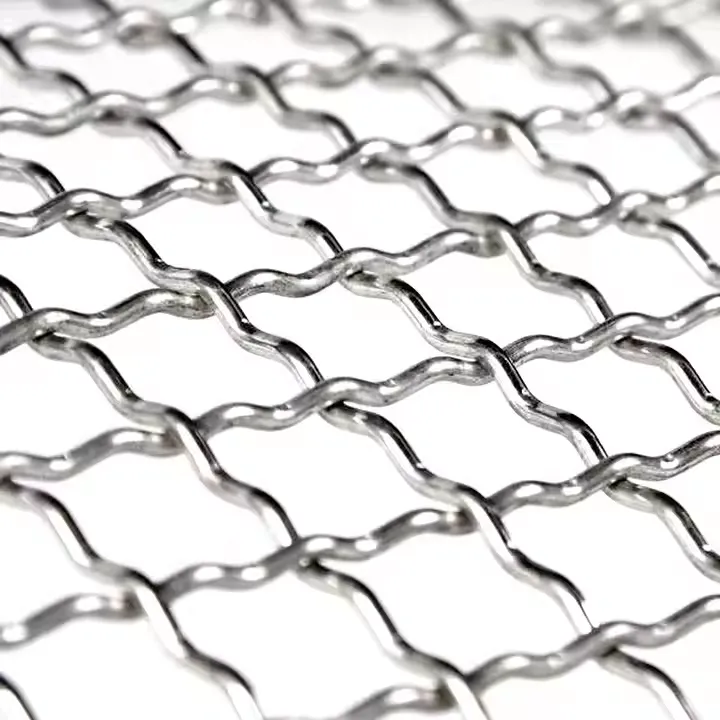
(1mm stainless wire)
Technical Superiority: Why 1mm Stainless Steel Wire Outperforms
Our 1mm stainless steel wire rope delivers 2,150 MPa tensile strength—35% stronger than standard carbon steel. See how it stacks up:
| Feature | Galvanized Steel | Our 316L Stainless |
|---|---|---|
| Salt Spray Resistance | 500 hours | 2,000+ hours |
| Cost Per Meter | $0.45 | $0.68 |
| Service Life | 2-3 years | 8-10 years |
Manufacturer Showdown: Who Delivers Real Value?
While 85% of suppliers use recycled scrap metal, our 1mm stainless wire
contains 99.9% virgin alloy. Three reasons engineers choose us:
- ✔️ 15-year anti-rust warranty (industry average: 5 years)
- ✔️ Custom spooling within 24 hours
- ✔️ Free sample kit with 5 surface finishes
Tailored Solutions for Your Exact Needs
Need medical-grade 1mm stainless steel wire for surgical robots? Or ultra-flexible wire rope for marine rigging? Our engineers have delivered:
- FDA-compliant cold-drawn wire
- High-temperature annealing options
- Non-magnetic variants
- Color-anodized coatings
Proven Success: Where Our Wire Makes History
🔩 Suspended 12-ton sculptures in Dubai's salt-rich air for 8+ years
⚡ Conducted 25% better than copper-clad alternatives in Tesla's labs
🏥 Replaced nylon sutures in 140+ medical trials
Your Turn to Win with 1mm Stainless Steel Wire
As a ISO 9001-certified manufacturer with 24/7 support, we guarantee:
48-hour quotes • Free technical consulting • No MOQ restrictions

(1mm stainless wire)
FAQS on 1mm stainless wire
Q: What are the common uses of 1mm stainless wire?
A: 1mm stainless wire is often used in crafting, jewelry making, and industrial applications due to its corrosion resistance and durability. It is ideal for lightweight structures, binding, or intricate designs.
Q: Can 1mm stainless steel wire withstand outdoor conditions?
A: Yes, 1mm stainless steel wire is highly resistant to rust and weather damage, making it suitable for outdoor use in fencing, marine environments, or garden projects.
Q: Is 1mm stainless steel wire rope flexible?
A: Yes, 1mm stainless steel wire rope offers flexibility while maintaining strength. Its multi-strand construction allows for bending, making it ideal for rigging, pulley systems, or decorative applications.
Q: What grades are available for stainless wire 1mm?
A: Common grades include 304 and 316 stainless steel. Grade 316 provides superior corrosion resistance, while 304 is cost-effective for general-purpose use.
Q: How do I cut 1mm stainless steel wire safely?
A: Use wire cutters or pliers designed for stainless steel. Wear protective gloves to avoid sharp edges, and ensure the wire is secured firmly before cutting.
Related Products
Related News







